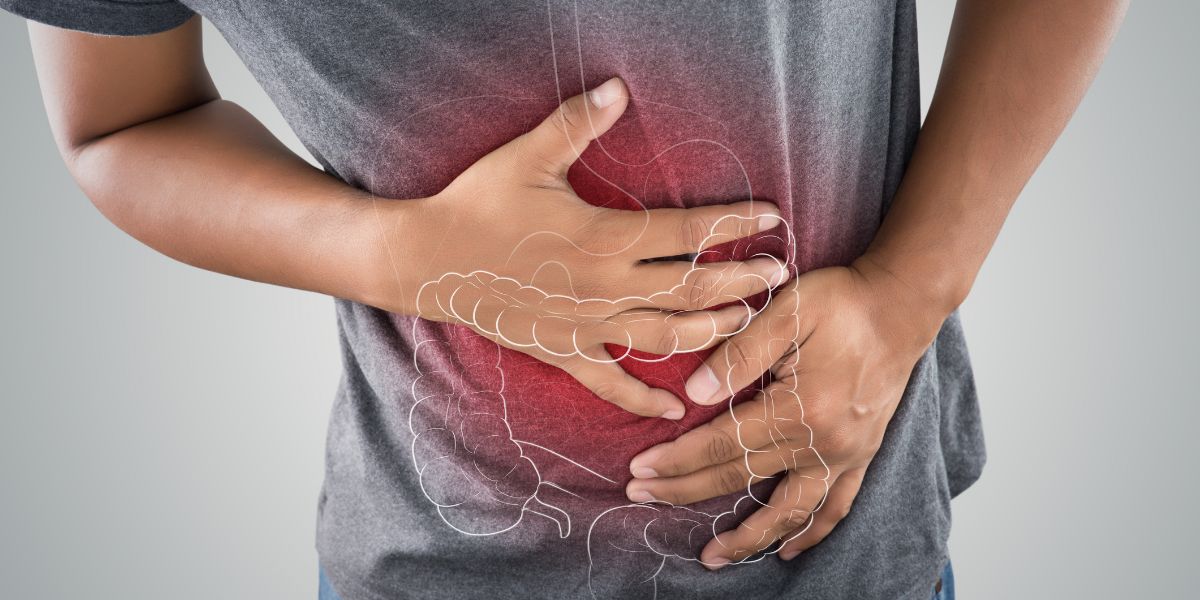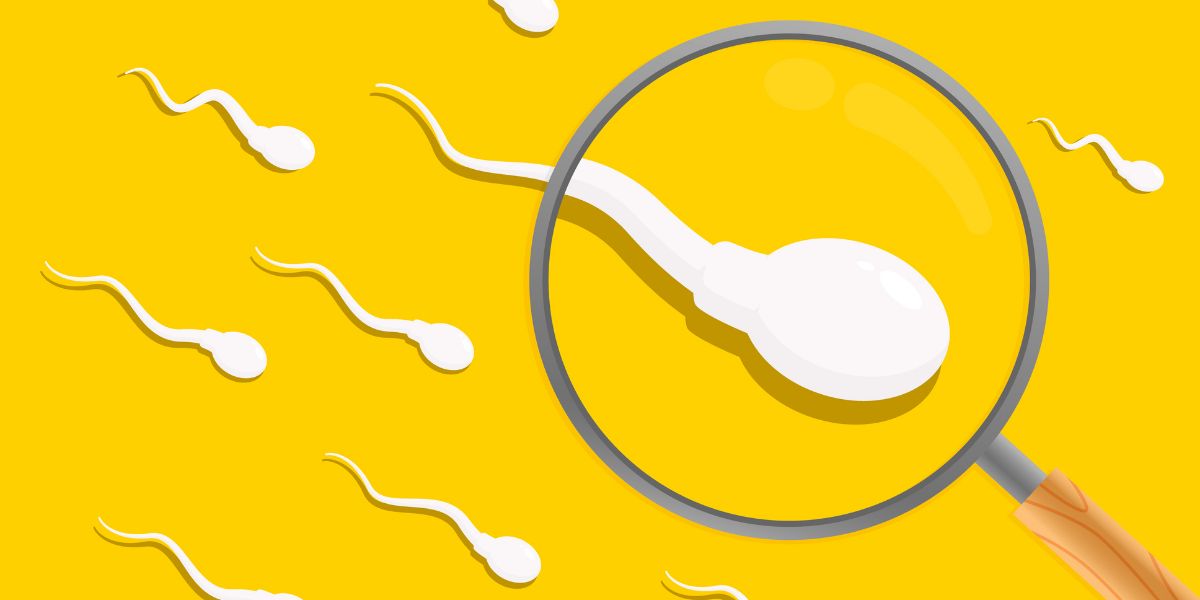Gastroparesis is a disorder in which the stomach longer than normal to empty.
While it primarily affects those with type 1 diabetes, it can also occur in individuals with type 2 diabetes.
The condition is often linked to damage to the vagus nerve.
When blood glucose levels fluctuate regularly, high blood glucose levels can damage the vagus nerve – which controls digestive movements.
This is the nerve that moves food through the digestive tract.
Gastroparesis is a sign of autonomic neuropathy which may also affect other involuntary actions in the body.
Why is gastroparesis a problem for people with diabetes?
When the vagus nerve stops functioning properly, gastroparesis can cause food to harden into solid masses, causing blockages and potential infection from bacteria.
When the stomach does not work properly, the absorption of blood glucose is also affected, and controlling blood sugar may be more difficult.
This occurs in around 20% of type 1 diabetics.
Gastroparesis symptoms
The following signs could be symptoms of gastroparesis:
- Nausea
- Vomiting
- An early feeling of fullness during food consumption
- Weight loss
- Bloating in the abdominal region
- Abdominal discomfort
Inform your doctor if you regularly experience these symptoms.
How is gastroparesis diagnosed?
There are several tools to diagnosing gastroparesis.
Patients eat or drink barium, or perhaps consume food with a radioactive substance which will show up on a scan.
A simple nine-question screening tool asking about nausea, fullness, bloating, and appetite.
Further tests may include a tube-scope to measure electrical and muscular stomach activity.
The doctor will then be able to see if gastroparesis is affecting you.
How is gastroparesis treated?
Like most complications of diabetes, management of gastroparesis begins with controlling blood glucose levels.
Doctors may instantly adjust insulin levels and provide you with lifestyle advice and medication.
Lifestyle changes
- Eat smaller, frequent meals (e.g., 6 meals/day).
- Focus on liquid or blended foods to reduce the stomach’s workload.
- Avoid high-fat and high-fibre foods.
- Walk for 15 minutes after meals to stimulate digestion.
- Avoid eating late at night to prevent reflux and choking.
Medications
Drugs like metoclopramide and erythromycin may be given to enhance stomach motility and antiemetics to manage nausea and vomiting.
Advanced interventions include direct delivery of nutrients to the bloodstream in severe cases or a G-POEM procedure which is a minimally invasive surgery to widen the stomach’s pyloric valve, improving food passage into the small intestine.
How do GLP-1 medications affect gastroparesis?
Medications like Wegovy and Mounjaro – all GLP-1 receptor agonists – are widely used to manage type 2 diabetes and aid weight loss.
GLP-1s work by slowing digestion to reduce blood sugar spikes and suppressing appetite by signaling fullness to the brain.
While GLP-1 receptor agonists are highly effective for blood sugar control and weight loss they can exacerbate gastroparesis symptoms in some patients.
While severe cases of stomach paralysis linked to these drugs are rare, the risk is worth discussing with a healthcare provider especially for patients already experiencing gastroparesis symptoms.
For patients using GLP-1 medications like Ozempic or Wegovy:
- Monitor for early symptoms of gastroparesis such as persistent bloating, nausea, or difficulty eating.
- Discuss concerns with your doctor who may recommend additional tests or alternative treatments.
- Be aware that stopping these medications often resolves mild symptoms of delayed gastric emptying.
If you suspect you may have gastroparesis, consult your doctor for a tailored treatment plan.







